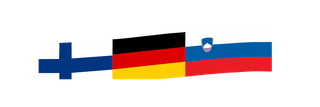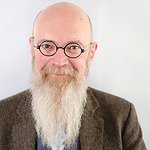NORFACE Project on Religious Diversity

Prior to this research project, the research on religious pluralism in North Rhine-Westphalia had conducted the first comprehensive survey of religious pluralization processes for a major urban agglomeration, namely the Ruhr Area and had given a good fundamend to turn the attention to a European level.
In the framework of the NORFACE research programme Re-Emergence of Religion as a Social Force in Europe?, researchers of CERES Bochum examined the effects of religious pluralization in international comparison. NORFACE (“New Opportunities for Research Funding Co-operation in Europe”) is a partnership between twelve research councils and is funded by the European Union.
From 2007 to 2010, researchers were analyzing interreligious and societal effects of religious pluralization processes in three European countries of Germany, Finland, and Slovenia. Our cooperation with the researchers of the Church Research Institute Tampere, Finland, and the University of Ljubljana, Slovenia, functioned as a pilot for further European-wide research in this field. With the increasing importance of religious pluralization processes that cross national levels, further research projects are to be expected.
This project was developed against the background of recent trends in the research on religion. Religious studies are especially concerned with how to conceptualize and measure religious diversity and with the debates on consequences of pluralization processes. Intrinsically linked to the subject of religious pluralization are the following questions:
- Does religious pluralism increase religious activity?
- Under conditions of pluralization, does religion become a strong “identity marker”, or does pluralism rather increase insecurity in respect to religious offers?
- Does it lead to religious indifference, or rather to the amalgamation and mutual openness of various religious traditions?
In our research, we did not only focus on the inner religious effects of religious pluralization, but also on its effects on the broader society, especially on how religious action affects civil society. We also linked pluralization processes to questions of civil society, tolerance, political culture, and xenophobia.
Duration
2007 - 2010
Funded by

Project leader
Affiliated Persons


